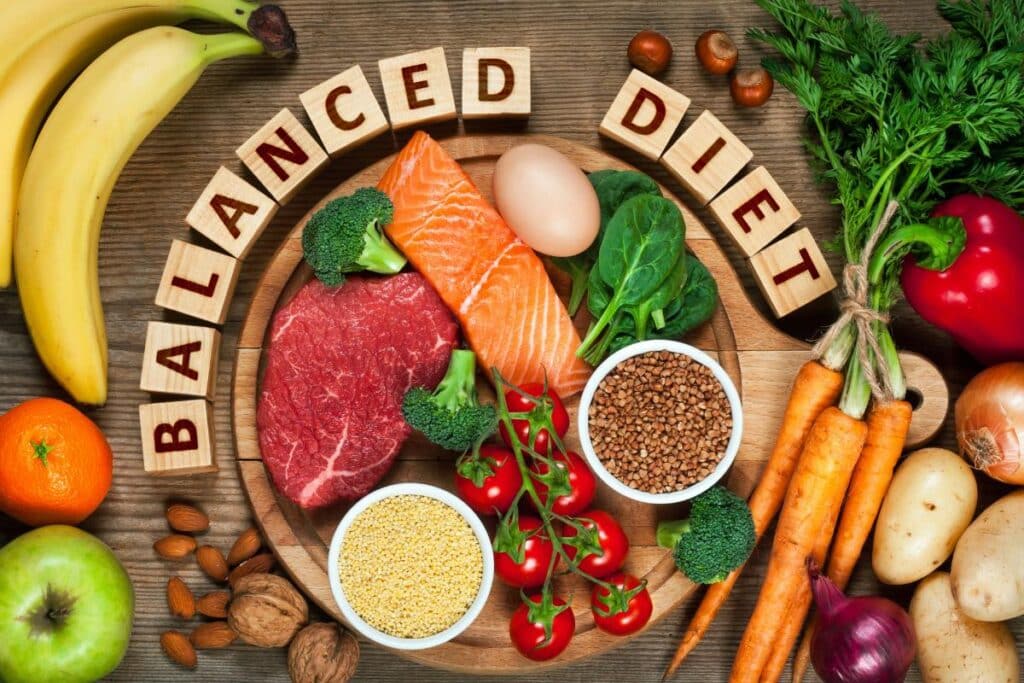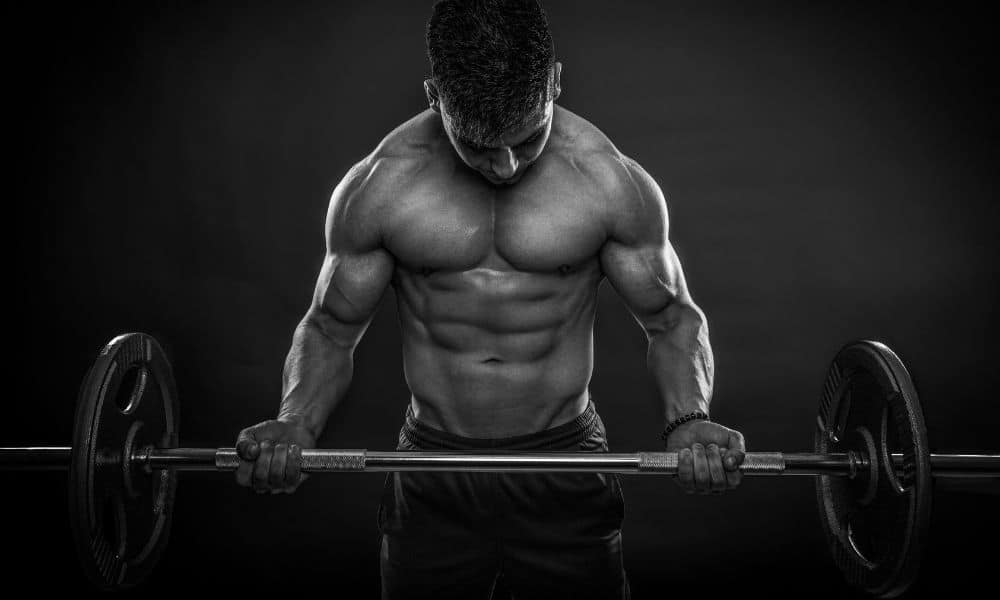Crafting the perfect macronutrient balance is critical for anyone looking to build muscle. It’s not just about consuming more calories; it’s about the right calories from proteins, carbohydrates, and fats. This article will discuss how finding the right mix of macros can take your bodybuilding journey to a new level.
Ideal Macronutrient Distribution for Gains
A general guideline for macronutrient distribution for muscle gain is:
- Protein: 30-35% of your caloric intake should come from protein to support muscle repair and growth.
- Carbohydrates: 40-60% from carbohydrates to provide energy for workouts and assist in recovery.
- Fats: 15-30% of fats for hormone production and overall health.
Sample Plates and Meal Ideas
- Workout Day Meal: A plate on a workout day might include a grilled chicken breast, a large serving of brown rice or quinoa, and a side of steamed vegetables like broccoli or asparagus.
- Rest Day Meal: You might want to reduce the carbs and increase fats on a rest day. A sample plate could include salmon (rich in omega-3 fatty acids), a smaller portion of sweet potatoes, and a more significant portion of leafy greens.
Adjusting Macros for Muscle Building vs. Fat Loss
- For Muscle Building: You may increase your overall calorie intake, focusing on consuming more carbs, especially around workouts, to fuel your sessions and aid recovery.
- For Fat Loss: While maintaining high protein intake, you may decrease your overall calorie intake by reducing carbs and fats but still consuming enough to support your workouts.
Conclusion
It’s important to note that these ratios are not one-size-fits-all and should be tailored to individual needs, preferences, and responses to diet. Monitoring your body’s response and adjusting your macronutrient intake is critical to achieving your muscle-building and fat-loss goals.
Tailoring your macronutrient intake to complement your workouts is critical to optimizing muscle building. Begin with protein, the cornerstone of muscle repair and growth, by consuming high-quality sources like lean meats, fish, or legumes within 30 minutes to two hours post-exercise to take advantage of the anabolic window.
Carbohydrates are equally vital; they replenish depleted glycogen stores and provide the energy required for endurance and resistance training. Opt for complex carbs, such as sweet potatoes or whole grains, before your workout for sustained energy, and include them post-workout to aid recovery.
Don’t overlook fats—they’re essential for hormone production, including testosterone, critical for muscle synthesis. Incorporate sources of healthy fats like avocados and nuts into your meals throughout the day for balanced energy and nutrient absorption. By strategically timing and balancing these macronutrients around your workout regimen, you’ll fuel your body efficiently for performance and muscle growth.




